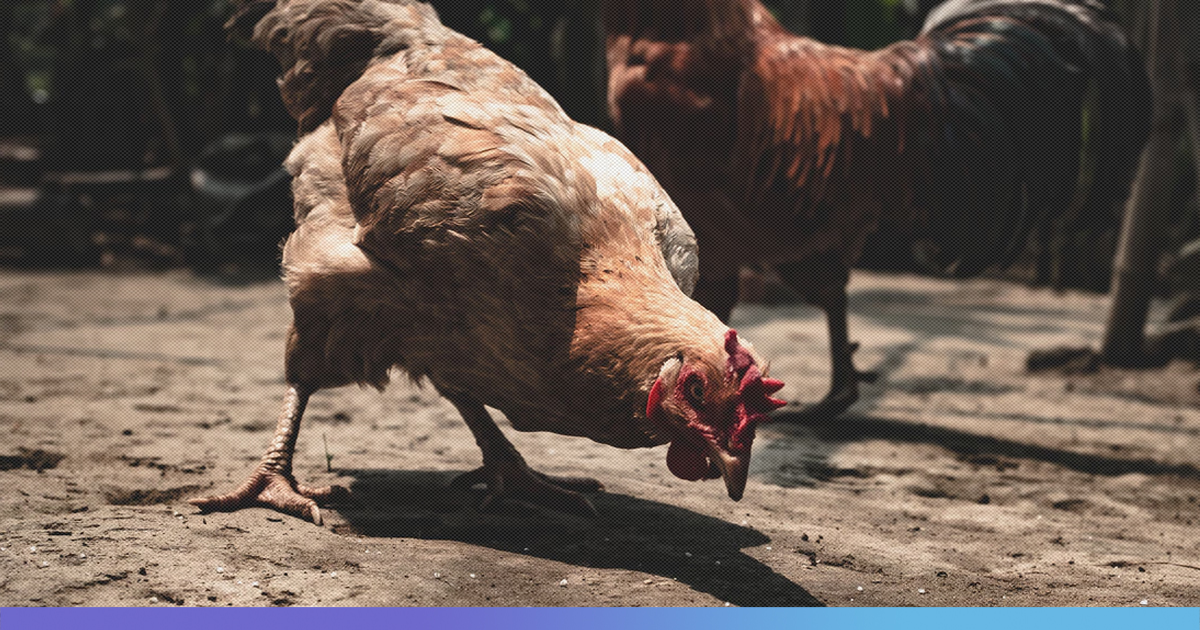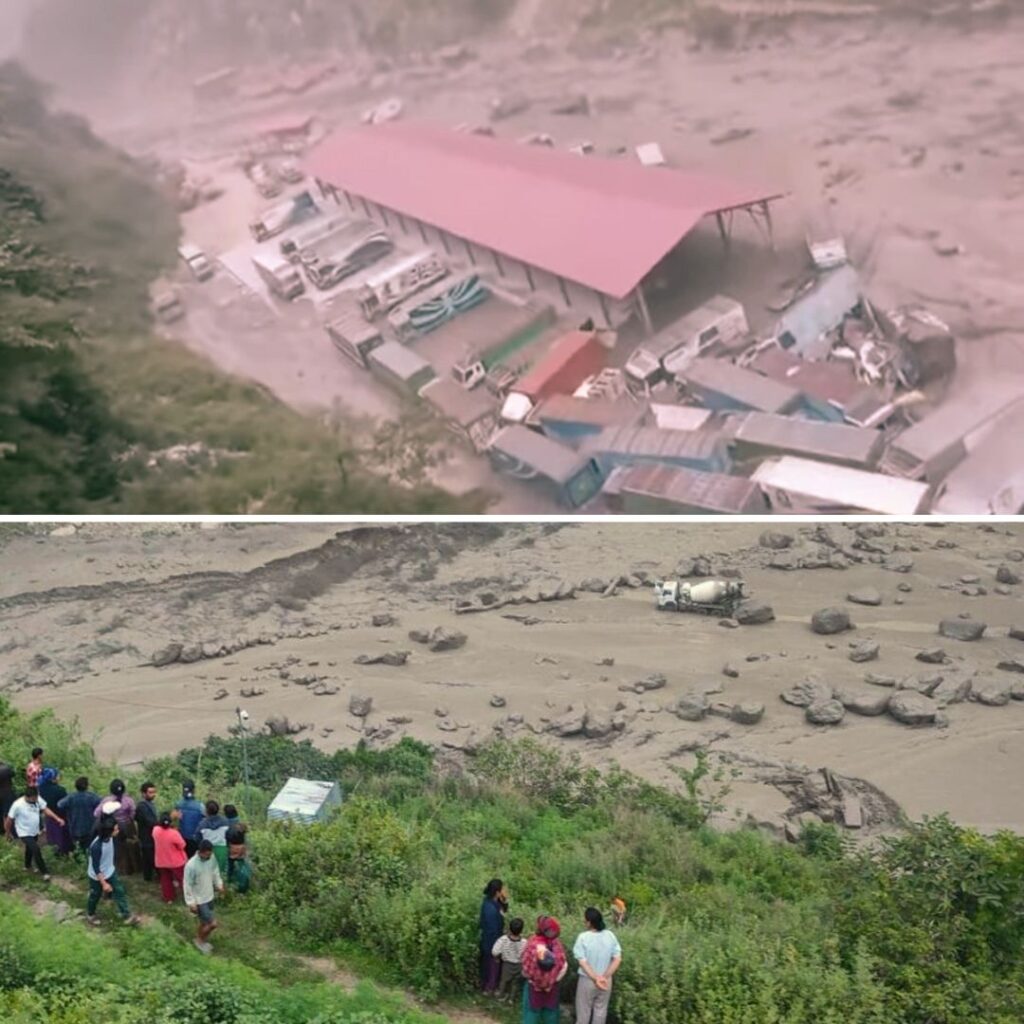The Health Ministry on July 19 has banned the manufacturing, sale, and distribution of Colistin antibiotic which is injected into animals such as chicken, beef, mutton, fish, etc to make them grow faster.
The central government observed the use of the drug Colistin and its formulations for food-producing animals, poultry, animal feed supplements, and aquafarming is predicted to have adverse effects on one’s health. After this, the Drug Technical Advisory Board (DTAB), the government’s top advisory body on technical matters related to drugs in the country looked into the matter and ordered to prohibit the use of the drugs on animals.
The notification issued by the government read: “The Central Government is satisfied that it is necessary and expedient in public interest to prohibit manufacture, sale and distribution of the drug Colistin and its formulations for food-producing animals, poultry, aqua farming and animal feed supplements.”
The ban is imposed under provisions of the Drugs and Cosmetics Act, 1940. The ban also means that the antibiotic manufacturers will now have to carry an advisory label on their product, asking Colistin not be used in food-producing animals, poultry, aqua farming and animal-feed supplement.
One of the officials aware of the development said that Colistin is an antibiotic for therapeutic purpose in the veterinary sector. He said that the drug had been extensively misused in the poultry industry to expedite the growth process in animals. Further shading light on the rising cases of antibiotic resistance in the poultry business, the official blamed Colistin for it.
The ministry official said that Colistin is a critical, last-resort antibiotic that has the potential to save lives in critical care units. However, it has been noticed that in recent times, the use of Colistin in patients have caused resistance to the drug.
The move is a crucial one in the country where over 71 percent of the 1.3 billion population are non-vegetarians. Asia as a continent is anticipated to witness a meteorite growth of 129% in chicken consumption by the end of 2030.
Indian poultry adding to the global superbug crisis
The World Health Organisation (WHO) has described superbugs as the greatest threat to human health. If antimicrobials stop working, doctors won’t have effective drugs to treat deadly infections. Poor or inadequate public health treatments assists this process, potentially spreading pathogens around the world.
Antimicrobial resistance (AMR) in the form of superbugs causes an estimated 700,000 deaths annually and – at this rate – is predicted to cause 10 million deaths annually by 2050.
India has a booming poultry industry. Between 2003 and 2013, the amount of chicken produced doubled in the country. The majority of poultry is now produced by commercial farms, contracted to major companies like Venky’s. Researchers who tested Indian meat from supermarkets in 2014 found it contained residues of six antibiotics, suggesting they were being used liberally on farms. (The Indian Ministry of Agriculture said the residues were well within the range allowed by other international agencies).
The rising demand for chicken in India can be attributed to its religious versatility. Unlike beef and pork, it is eaten by both Muslims and Hindus. Experts predict the rising demand for protein will cause a surge in antibiotic use in livestock. India’s consumption of antibiotics in chickens is predicted to rise fivefold by 2030 compared to 2010, while globally the amount used in animals is expected to rise by 53%.
Using antibiotics as growth promoters has been banned in the European Union since 2006, and in the US was made illegal last year. In its National Action Plan on AMR published in 2017, the Indian government banned using antibiotics as growth promoters. The plan is not currently linked to any regulatory action.
Indian farmers are using antimicrobials as a substitute for good farming practices. “If you go to the average poultry farm in Punjab you see these are all lacking: the nutrition is not there, hygiene is awful. So they are using the antibiotics as a substitute of keeping the animals alive”, according to Professor Ramanan Laxminarayan, director of the Centre for Disease Dynamics, Economics and Policy. The reason this is done is that antibiotics are cheap. “If the true cost was factored in – the cost of resistance – it wouldn’t seem like such a good option”, he added.
In India, awareness around superbugs is lacking. In addition to the stricter international framework, greater funding for antibiotic research, national government policies and further regulations on private pharmaceutical companies, a social change needs to be brought about.











